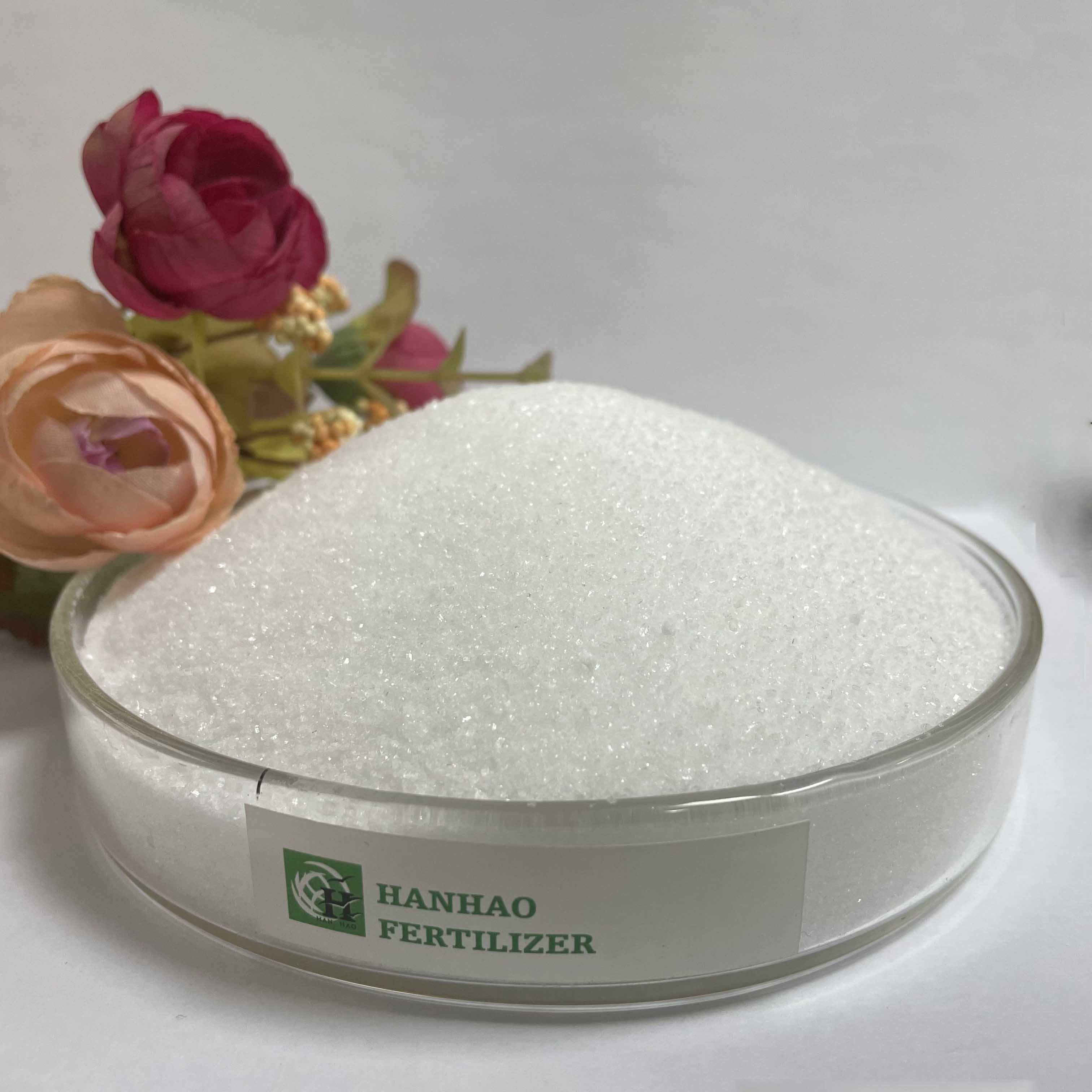
8 сар . 17, 2024 23:23 Back to list
Organic Vegetable Gardening Tips for Sustainable Fertilizer Production in Small-scale Farms
The Rise of Organic Fertilizer in Vegetable Gardening A Sustainable Solution
Gardening has evolved significantly over the years, with a greater emphasis on organic practices gaining traction among enthusiasts and commercial growers alike. One of the most crucial elements of organic gardening is the use of organic fertilizers, which are derived from natural sources and contribute to the health of the soil, plants, and the environment. This article explores the importance of organic fertilizers in vegetable gardening and the emergence of specialized factories dedicated to their production.
Organic fertilizers are environmentally friendly alternatives to synthetic fertilizers. Unlike chemicals, which can leach into waterways and harm the ecosystem, organic fertilizers improve soil structure, enhance microbial activity, and increase the soil's ability to retain moisture. These fertilizers are rich in essential nutrients, such as nitrogen, phosphorus, and potassium, alongside a variety of micro-nutrients necessary for plant growth. Common sources of organic fertilizers include compost, manure, bone meal, and green manure, all of which contribute to sustainable agricultural practices.
As consumer awareness regarding the benefits of organic produce grows, so too does the demand for organic vegetables. Gardening enthusiasts are now more inclined to cultivate their own fruits and vegetables, seeking out methods that promote health and sustainability. Organic fertilizers play a pivotal role in this movement, contributing to healthier crops that are free from harmful chemicals. The shift toward organic gardening is not just a trend; it reflects a broader societal movement toward health-conscious living and environmental stewardship.
organic fertilizer gardening vegetable factories

With the increasing interest in organic gardening, specialized factories devoted to the production of organic fertilizers have emerged. These factories utilize sustainable practices to produce quality products that cater to the needs of both home gardeners and larger agricultural operations. The production process often involves composting organic waste—such as kitchen scraps, yard waste, and agricultural byproducts—transforming it into nutrient-rich fertilizer. This not only diverts waste from landfills but also creates a circular economy in which materials are reused rather than discarded.
Moreover, advancements in technology have enabled these factories to optimize the nutrient content and quality of organic fertilizers. By using modern methods and equipment, producers can ensure that their products meet the standards required for both home and commercial use. This has made organic fertilizers more accessible, allowing a wider range of gardeners to incorporate them into their practices.
The benefits of using organic fertilizers extend beyond individual gardens. By selecting organic practices, gardeners contribute to the postponement of the detrimental effects often associated with conventional farming, such as soil degradation, water pollution, and loss of biodiversity. Furthermore, organic gardening can increase resilience against pests and diseases, reducing the need for chemical interventions, which is particularly beneficial for maintaining the health of the ecosystem.
In conclusion, the role of organic fertilizers in vegetable gardening is pivotal. With the rise of dedicated factories producing these sustainable products, gardeners can cultivate their vegetables in a manner that respects the environment while promoting health and vitality. As more people engage in organic gardening, the positive impact on soil health, local ecosystems, and food quality becomes increasingly apparent. By choosing organic fertilizers and practices, gardeners not only nurture their plants but also contribute to a more sustainable future for agriculture. Embracing organic gardening is not merely a personal choice; it is a collective effort towards cultivating a healthier planet.
-
10-10-10 Organic Fertilizer - Balanced NPK Formula
NewsAug.02,2025
-
Premium Organic Manure Compost for Eco Gardens
NewsAug.01,2025
-
Organic 10-10-10 Fertilizer | Balanced Plant Nutrients
NewsJul.31,2025
-
Premium Amino Acid Fertilizer | Rapid Plant Growth Booster
NewsJul.31,2025
-
10 10 10 Fertilizer Organic—Balanced NPK for All Plants
NewsJul.30,2025
-
Premium 10 10 10 Fertilizer Organic for Balanced Plant Growth
NewsJul.29,2025
